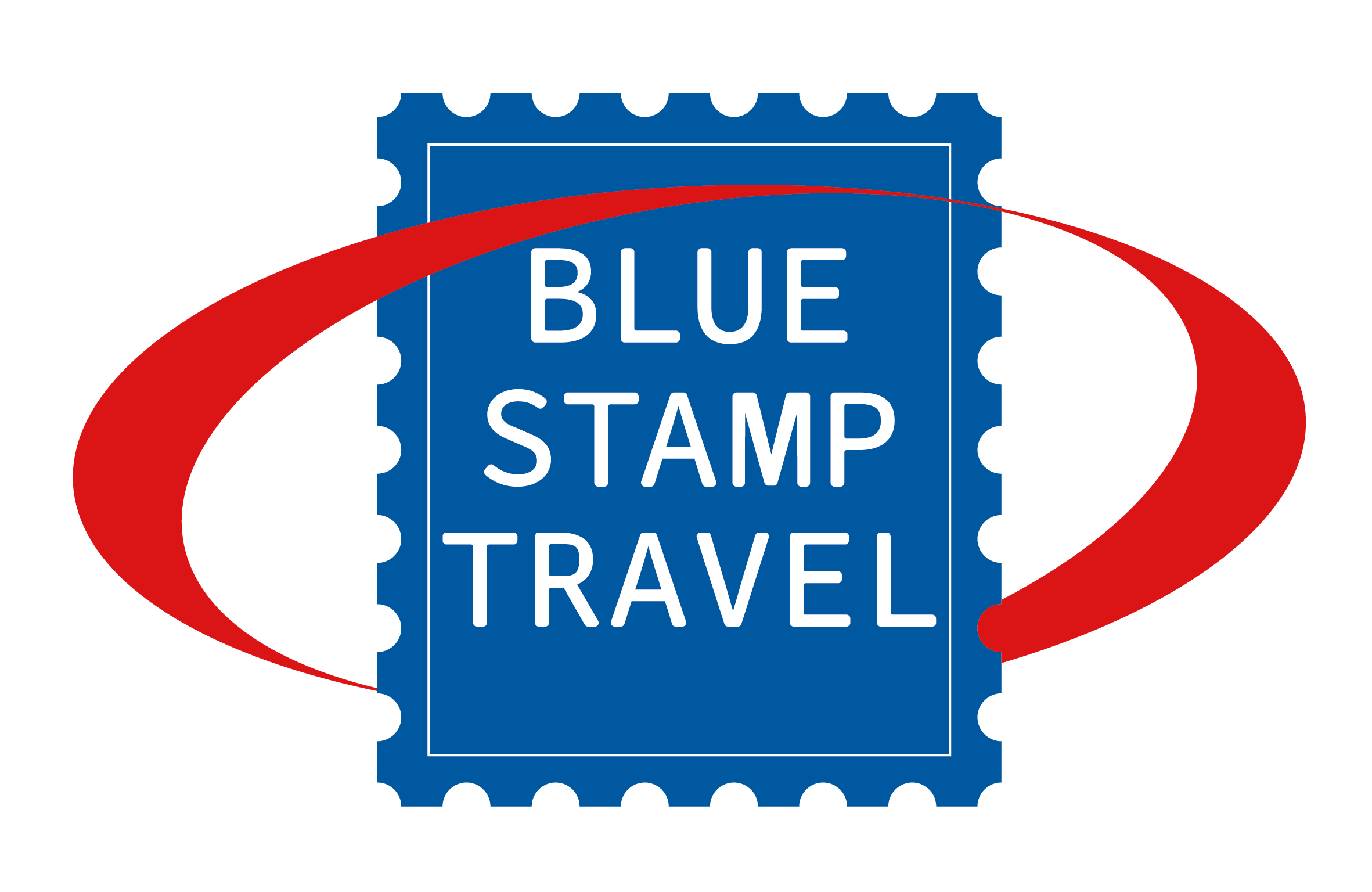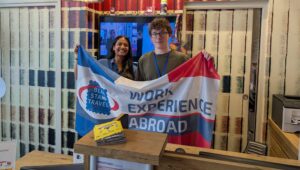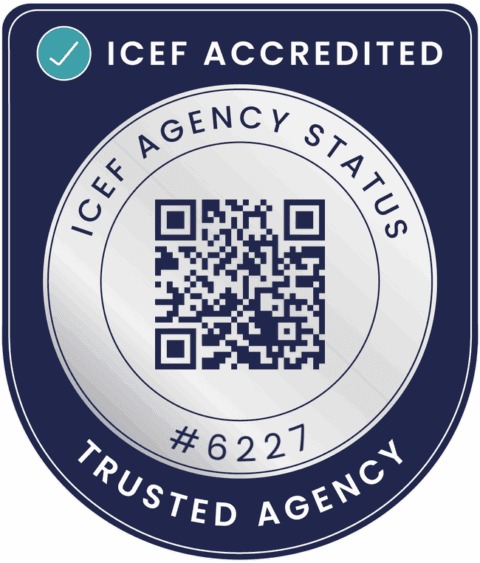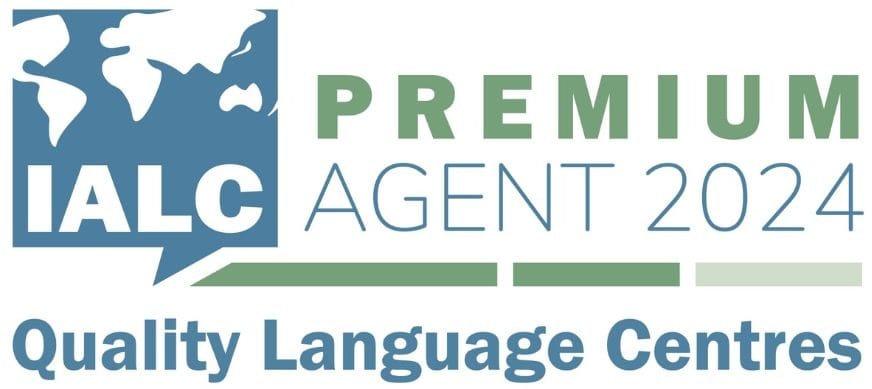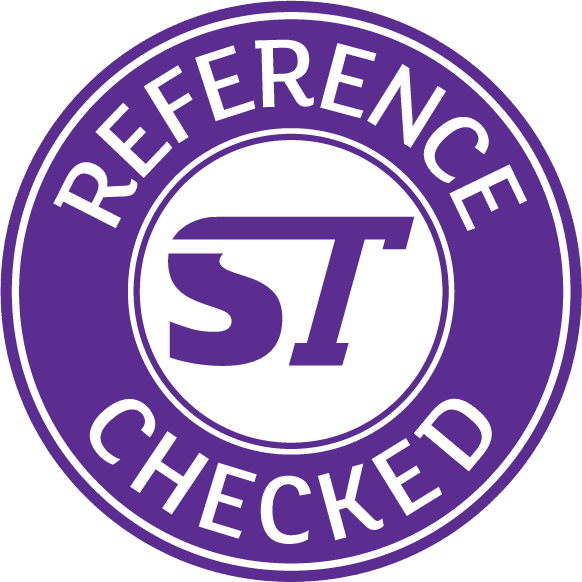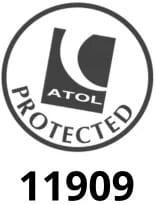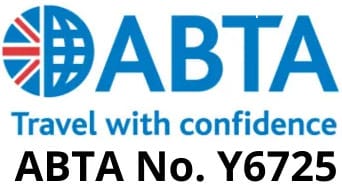Make the Most of a Work Experience Placement.
Work experience is a great way to gain that essential experience in the workplace that most prospective employers will demand. Consider a work experience as an opportunity to enhance your CV to help you get that all-important interview. You may be in your work experience placement for a week or two or longer but what are the important things you should remember to try and get the most out of it?

What skills that you will develop on Work Experience?
Make a Good First Impression
First impressions in the workplace count, this is especially the case when you are on a work experience placement as you have a shorter time to make an impact. This may be on the phone or in person ahead of your first day.
- Make sure you arrive in good time – if you are relying on public transport, make sure you allow plenty of time. You can always wait around the corner for a few minutes if you are early.
- Dress appropriately. If in doubt, veer towards smarter. You may need a change of clothes or be expected to wear a uniform. Be prepared.
- Be raring to go. Greet everyone you meet with a smile and try and introduce yourself to everybody you’ll be working with. If you are positive, friendly and keen to learn from the outset, it is likely that you will get more out of your placement.
- Be brave! Most people are a bit nervous on their first day and this settles down very quickly once they get stuck into their work.
Be organised
While you’ll have guidance during your placement, you will also be expected to be independent. Take a note pad with you. Listen carefully to instructions and note down anything important so you don’t forget!
Make sure you manage your time well and try to complete the tasks you are given.
Get involved
It might sound obvious, but the more you get stuck in, the more experience you’ll gain. Be enthusiastic about any task – big or small – and use your initiative to go above and beyond what’s asked of you if you can.
Avoid Distraction
In a professional environment you may well be expected or allowed to have a mobile phone available. Do not let this become a distraction though. You probably shouldn’t be using social media unless it is part of your role. This can be a challenge – if you struggle then leave your phone in a locker, bag or drawer out of sight.
Ask questions
If you aren’t sure of what you are being asked to do, don’t suffer in silence, just ask! There’s no shame in asking for clarification if you’re not sure what you should be doing – in fact, employers prefer you to check, especially if it means you end up doing a better job.
If there is something you are particularly interested in about the work, ask about that too.
Offer to help
If you can see someone struggling with a job or if you have a bit of free time, see if you can help out a colleague. They will really appreciate it and if they don’t need any help they will just let you know.
Use Your Language Skills
Speaking to people in a work environment may be different to the way that you speak to your friends or family. Try to adjust to the environment. This may take some practice but try to be professional in the way you speak.
If you are doing your work experience abroad, don’t be afraid to use your language skills! Your placement provider will not expect your vocabulary, grammar and pronunciation to be perfect and they will be very happy to help you with anything you find difficult. Make the most of all the opportunities to speak to colleagues and customers and you will see a real improvement in your language skills and confidence by the end of your placement.
Ask for feedback
Try and gather informal feedback from your supervisor as you go along, rather than waiting for your final report – it gives you a chance to improve throughout your time there, and shows you care that you’re doing a good job.
